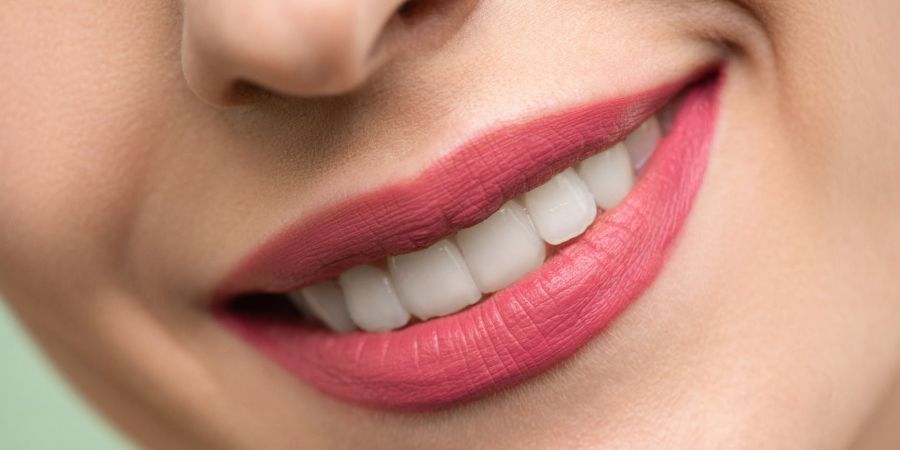

Hello everyone! In this blog is about how to keep your mouth fresh…..
Floss regularly. If you don't floss, or have been doing so infrequently, then you need to start flossing again. There's no point in having dental problems if they're going untreated. You should brush twice daily, after breakfast and before bedtime (or at any time if you wake up feeling tired), and use a fluoride toothpaste. Additionally,try drinking plenty of water throughout the day.
Rinse your mouth out thoroughly with a cup of warm water whenever you feel the urge.Don't just gargle; really get rid of everything!
Avoid touching your teeth with your tongue; instead, clean them using a soft bristled toothbrush.If you find yourself needing extra cleaning, buy a separate interdental brush.
Use breath mints. Not only will they freshen your breath, but they'll also help reduce the bacteria that causes bad breath.
Eat foods rich in vitamins A and C. These two vitamins work together to enhance saliva production, and therefore help to prevent and treat gum disease. Foods rich in vitamin A include carrots, sweet potatoes, broccoli, spinach, cantaloupe, mangoes, and squash. Fruits high in vitamin C include strawberries, oranges, grapefruit, kiwis, pineapples, grapes, and tomatoes.
Reduce sugar intake. When we eat, we produce glucose in our bloodstream. As we digest sugar, glucose travels to the cells via insulin, where it is stored for later use. However, if we consume too much sugar, the excess sugar travels to the liver, which breaks down the sugar for storage as glycogen. Glycogen stores are present in our muscles and the brain. Once these stores become full, the glycogen cannot be broken down and is released back into the blood stream, causing low blood sugar levels. In some cases, prolonged low blood sugar may lead to hypoglycemia. Symptoms include dizziness,nausea, headaches, fatigue, palpitations,and irritability.
Drink plenty of water. Drinking enough water helps to maintain proper body temperature, which results in sweating, and reduces the risk of dehydration. Dehydration increases the chances of developing oral infections.
Chew sugarless gum. Chewing gum provides the benefit of stimulating salivary flow, thereby increasing the likelihood of removing food debris. Gum promotes good hygiene by reducing the occurrence of plaque. However, chewing gum can cause dry mouth, so make sure to rinse your mouth after consuming gum.
Get a professional cleaning. Your dentist can give you valuable advice and provide treatments that improve your oral hygiene. Be sure to visit your dentist at least once per year for checkups and routine maintenance.
Thank you……
Please follow me and gives ❤️




